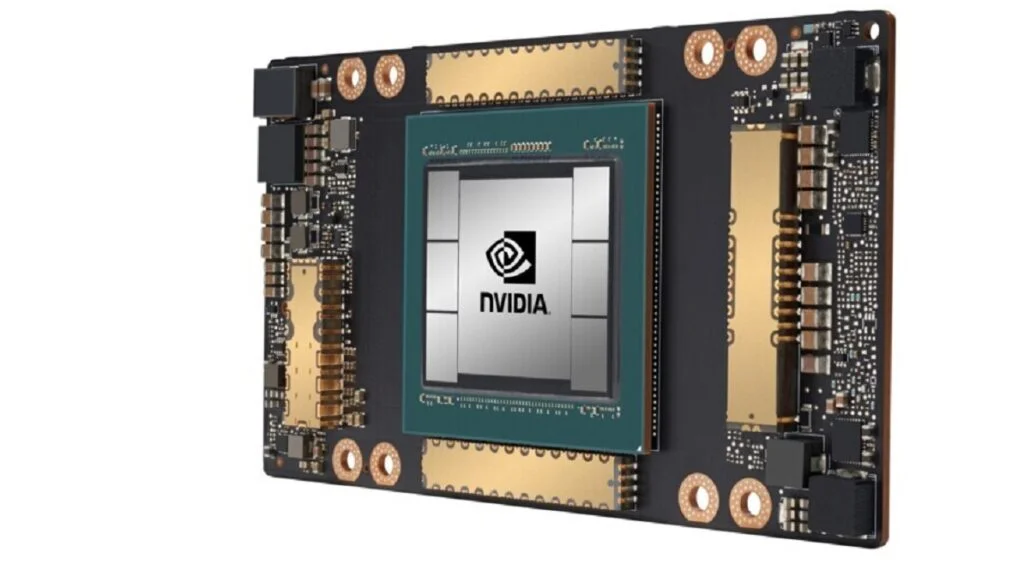Nvidia is preparing to launch its H20 AI chip for China in the second quarter of 2024 after facing setbacks. The H20 chip is one of the three China-focused chips Nvidia developed to comply with the U.S. AI chip ban regulations.

Nvidia, the U.S. chipmaker company, is set to start mass production of its H20 artificial intelligence (AI) chip for China in the second quarter of 2024. The H20 chip is the most powerful among the three China-focused chips Nvidia developed to comply with the U.S. AI chip ban regulations.
H20 Chip Faces Delays and Challenges
The H20 chip was originally planned to be launched in November 2023, but it faced delays due to integration difficulties encountered by server manufacturers. According to a report by Reuters, sources familiar with the matter said that the H20 chip’s initial production volume would be limited. They also said that Nvidia would prioritize fulfilling orders for major customers.
In a previous report, Reuters also indicated that Chinese companies were reluctant to buy the downgraded H20 chip. Moreover, the Chinese market considered exploring domestic alternatives amid concerns that the U.S. might impose stricter restrictions. For instance, Baidu, a popular Chinese search engine, chose AI chips from Huawei Technologies last year.
This showed a significant shift away from Nvidia.
Nvidia’s Strategy for China: Introducing the L20 and L2 Chips
Nvidia is set to launch two new chips, the L20 and L2, tailored to meet China’s regulatory environment. These chips retain many of Nvidia’s advanced AI features while conforming to recent regulatory restrictions by offering reduced computing power.
The company’s strategic move with the L20, L2, and previously introduced H20 chips is in response to the U.S.’s tightened AI chip ban, aiming to preserve its market foothold in China.
U.S. Tightens Grip with Revised AI Chip Ban Regulations
In a significant move, the U.S. Department of Commerce imposed stringent restrictions on the export of advanced artificial intelligence chips to China in October 2023.
These new regulations are an evolution of the 2022 limitations, designed to close any existing loopholes and significantly impact the shipment of Nvidia’s leading AI chips, including the A800 and H800 models.
The restrictions represent an escalating effort to curtail the spread of advanced AI technology amidst growing geopolitical tensions.
